Building a Fantasy Baseball Winner Through Trades
For a large portion of the fantasy population, championships are won through a well-executed draft and savvy waiver wire manipulation.
But let's not discount the impact a good trade can have on your fantasy fortunes. Pulling off the right deal can help you vault into title contention, strengthen your hold on first place or accelerate your rebuild for next season in keeper or dynasty leagues.
This post focuses on how to use trades to strengthen your chances at winning a fantasy baseball championship. This assumes that you're in a league that welcomes trades; if, however, you can't find any willing partners ... you should probably change leagues.
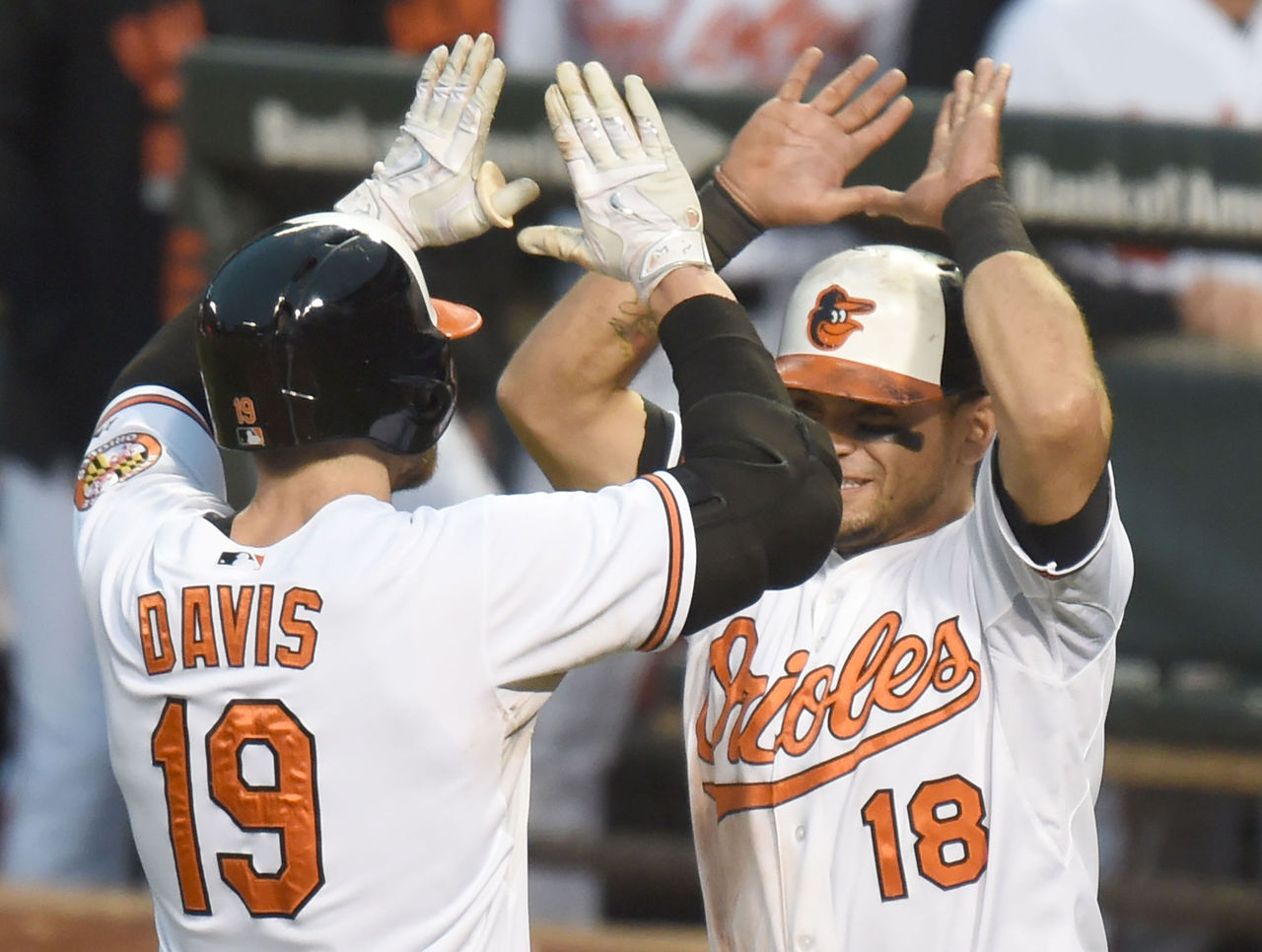
Know Your Roster
In order to make a helpful trade, you first need to know what exactly you have - and by extension, what you need. This is particularly important in rotisserie leagues, where each stat category comes with a built-in point total - and trading outside an area of strength could see you drop in the standings.
Always deal from a position of strength. Are you ahead by a mile in stolen bases? Deal some away to fill a roster void. Chock full of starting pitchers? Trade some excess arms for help in other categories. The stronger you are in a particular area, the more incentive you have to deal from it.
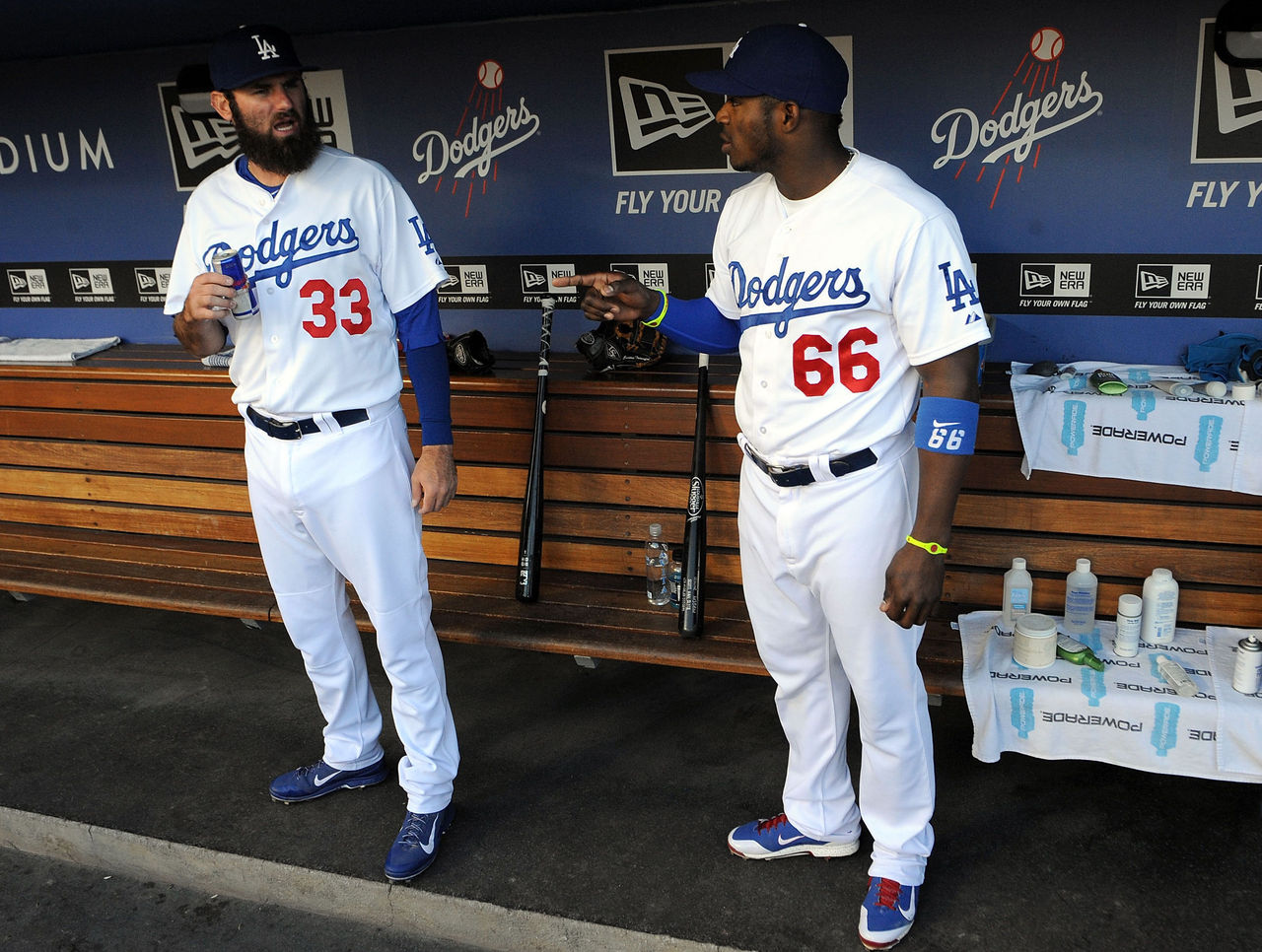
Know Your Competition's Roster
As critical as it is to know your own roster's strengths and weaknesses, it's just as important to have a handle on your opponents' makeups. And that goes beyond targeting players you want and making a pitch for them - you need to know what stat categories your opponent needs.
In the above example where you have an excess of stolen bases, you should seek out foes who need steals. Not only are they a better overall fit, they're also more likely to pay a steep price for that commodity. Likewise, if you need something, you should primarily target teams with an excess of that stat.
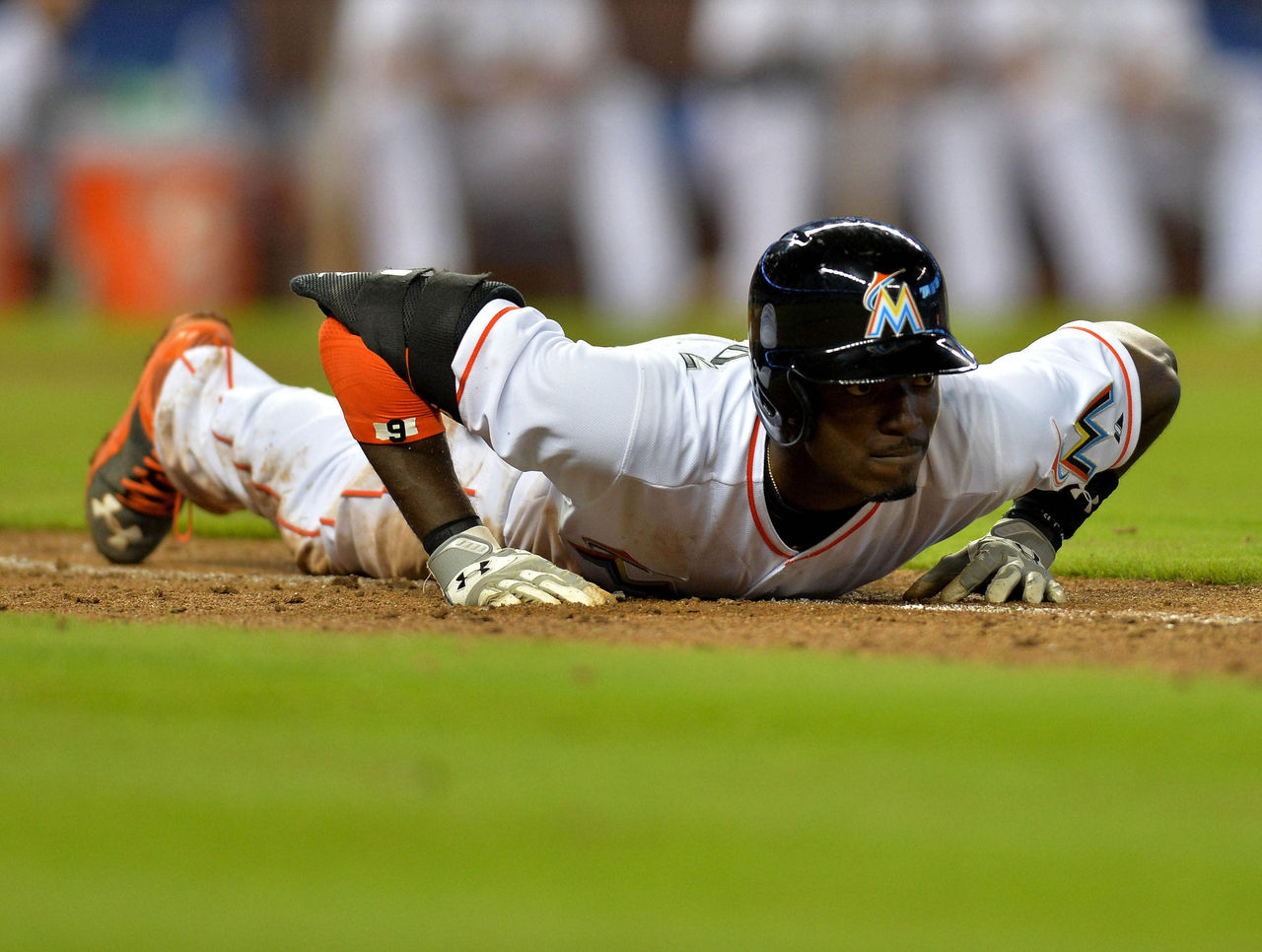
Do the Math
This is of particular importance in rotisserie, where category scoring shifts on a daily basis. It's okay to strengthen your roster by dealing from excess with a player who needs help - as long as your contribution doesn't improve your opponent's roster to the point where he or she becomes too strong.
As a general rule, you should only consider trades that will add more points to your team tally than to your opponent's score - especially if your opponent is already ahead of you in the standings. Do the math ahead of time and make sure you're coming out ahead.
Also make sure you aren't potentially giving away more points than you're getting in return. Dealing stolen bases away is fine if you have a big lead - but if your opponents are close behind, you might actually do more harm than good, even if you're bolstering a weaker stat category.

Be Willing to Part With Value
Understanding the value of your fantasy roster is critical, because it's the only way you're going to be able to make peace with trading pieces of value. The sooner you can properly value players, the sooner you'll be able to put together a reasonable trade offer.
Spend less time thinking of what you're trading away, and focus primarily on what you're getting in return. While this can be difficult at times, it's essential to building a championship roster. Every player in fantasy is tradeable, no matter how good he is; you just need to find the right deal.
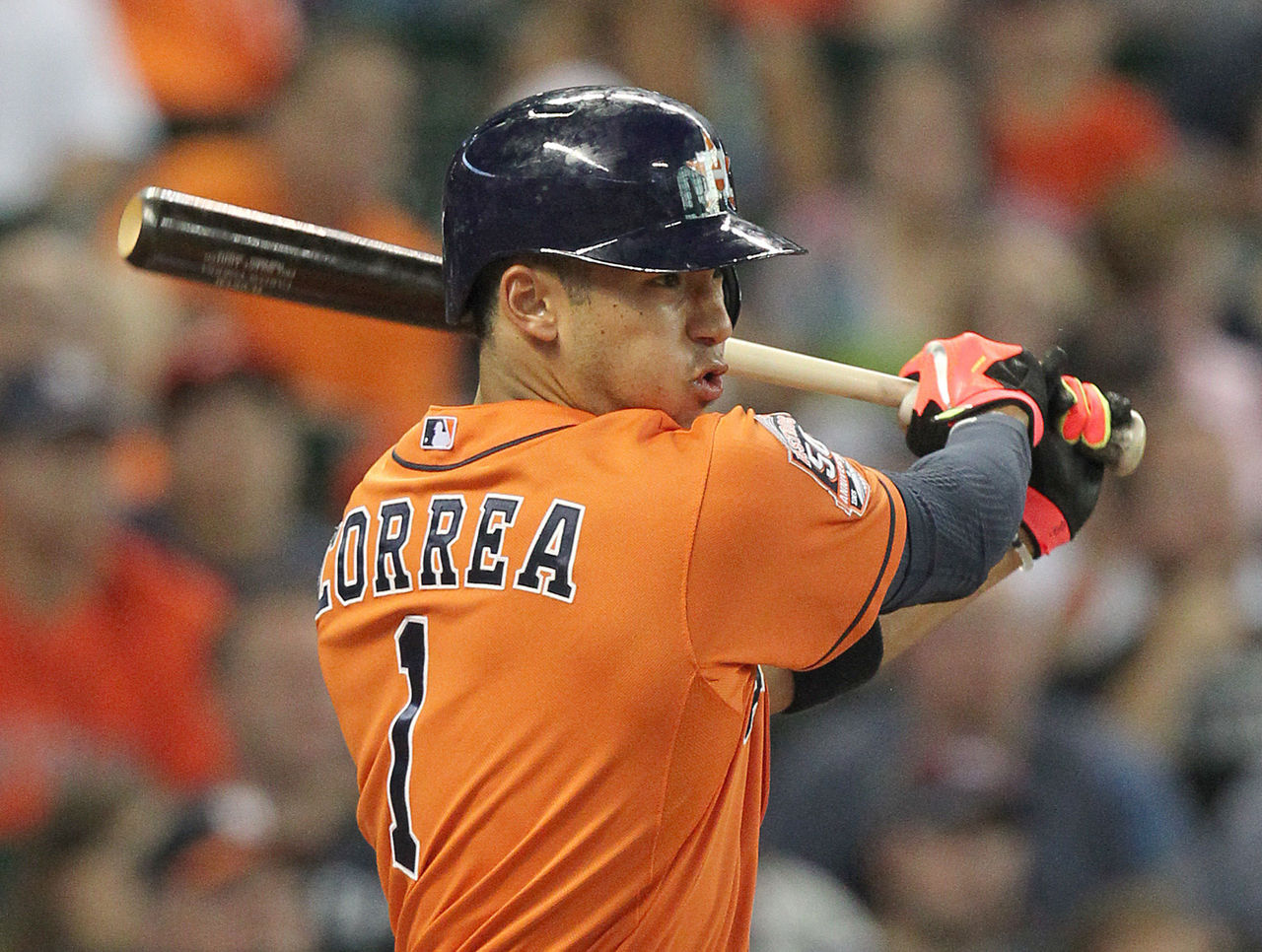
Make an Aggressive Offer
There has always been a section of the fantasy population whose initial trade offers are so ludicrously one-sided, the other party simply rejects them and refuses to make a counter-offer. We all want to win a trade, but is it worth alienating fellow fantasy players to do so?
The best way to make sure a trade gets done is to be aggressive from the outset. Ask yourself if the offer you made is one you would accept - or at least consider - if you were the other party. It may not be enough to get a deal done right away, but you'll almost certainly receive a counteroffer at the very least.
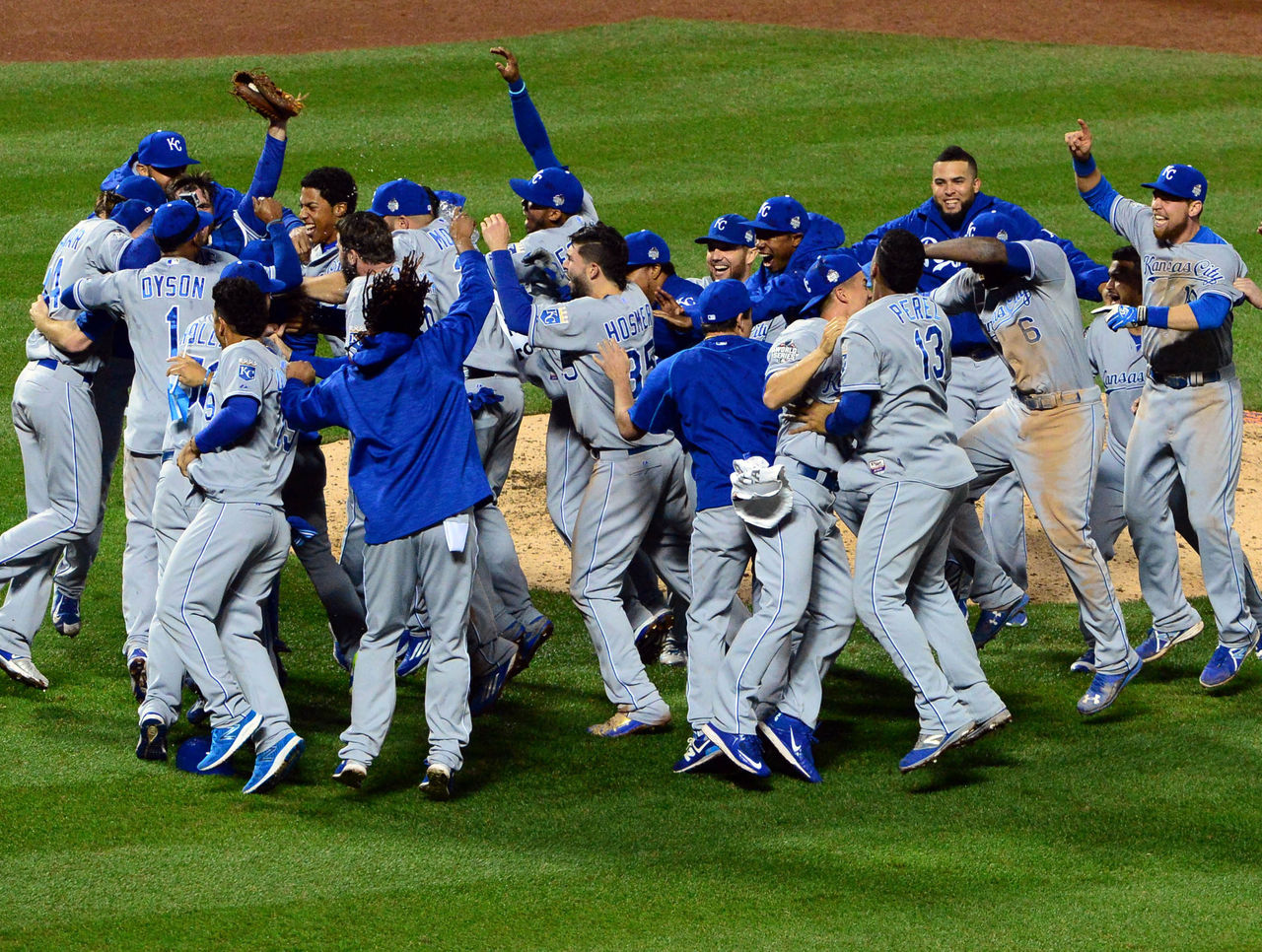
Negotiate Like a Champ
Flexibility is a common requirement of a successful fantasy baseball trade. Your initial offer might seem great to you, but your counterpart might disagree. It's your responsibility to hammer out something that makes sense for each party, and that will often require concessions from both sides.
While pulling off a successful trade is thrilling, it shouldn't come at the expense of a well-built fantasy roster. If things aren't progressing in a way that makes your team better, pull the plug. Conversely, if you're close to signing off, don't hesitate to throw in a little sweetener to facilitate things.